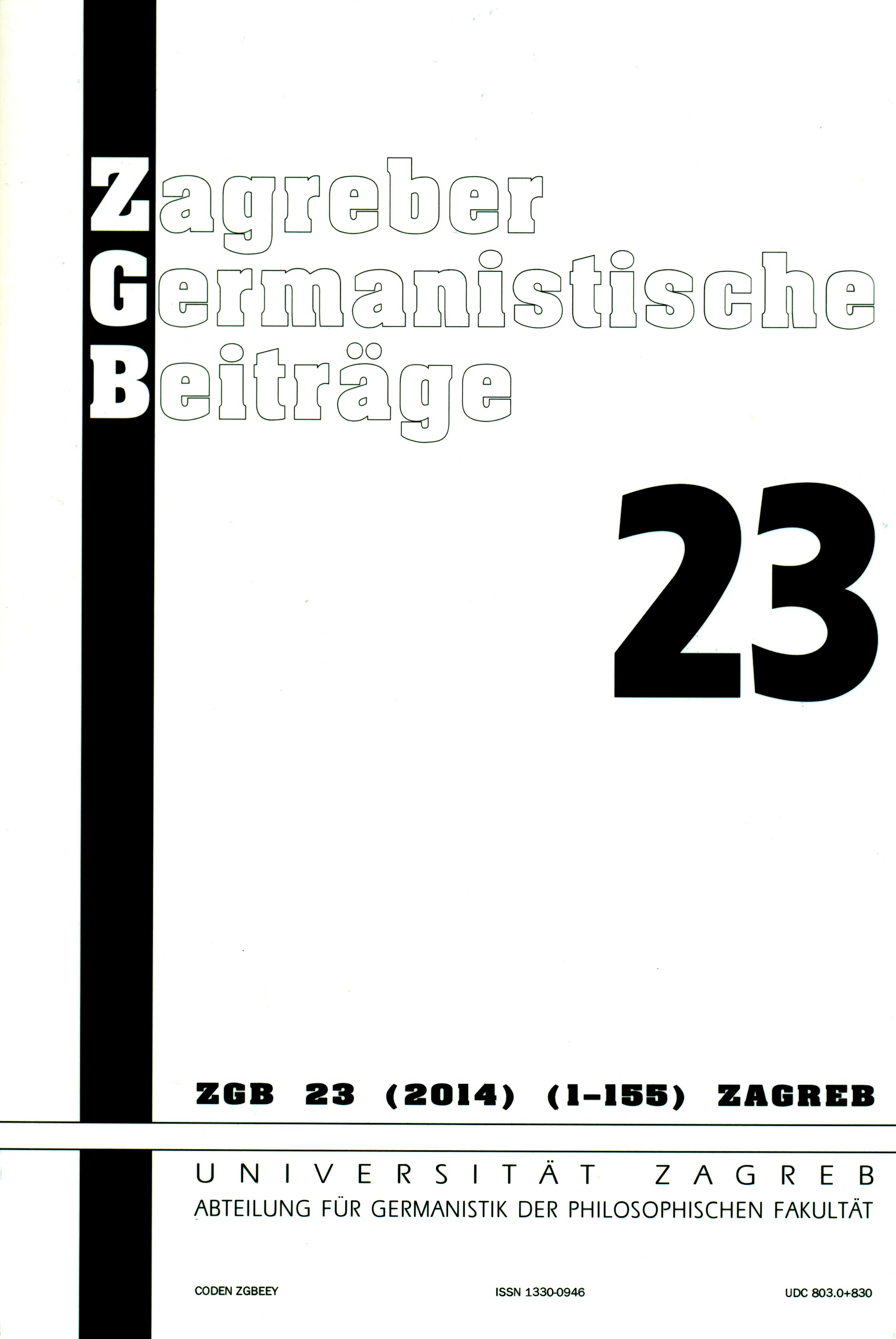
Zwischenfälle
Rezension zu: Anna Babka, Renata Cornejo, Sandra Vlasta (Hgg.): Begegnungen und Bewegungen: Österreichische Literaturen. "Aussiger Beiträge" 8 (2014)
More...We kindly inform you that, as long as the subject affiliation of our 300.000+ articles is in progress, you might get unsufficient or no results on your third level or second level search. In this case, please broaden your search criteria.

Rezension zu: Anna Babka, Renata Cornejo, Sandra Vlasta (Hgg.): Begegnungen und Bewegungen: Österreichische Literaturen. "Aussiger Beiträge" 8 (2014)
More...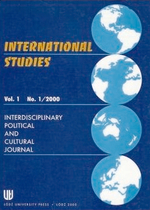
The article is devoted to reception of Austrian literature before theSecond World War in Wiadomości Literackie (Literary News). It was the most popular letter, whose aim was to educate society, and popularize foreign literature and culture. The literature that was most often promoted was French literature,but also German-speaking authors (cited in the article) were discussed. Austrian literature was not treated as distinct from German literature during that time but nontheless, the articles presents artists, of Austrian origin: Joseph Roth, Stefan Zweig, Rainer Maria Rilke, Hugo von Hofmannsthal, Arthur Schnitzler, Odon von Horváth, Franz Werfel and others. The article examines interviews with these writers as well as reviews their books and other texts which appeared in Wiadomości Literackie.
More...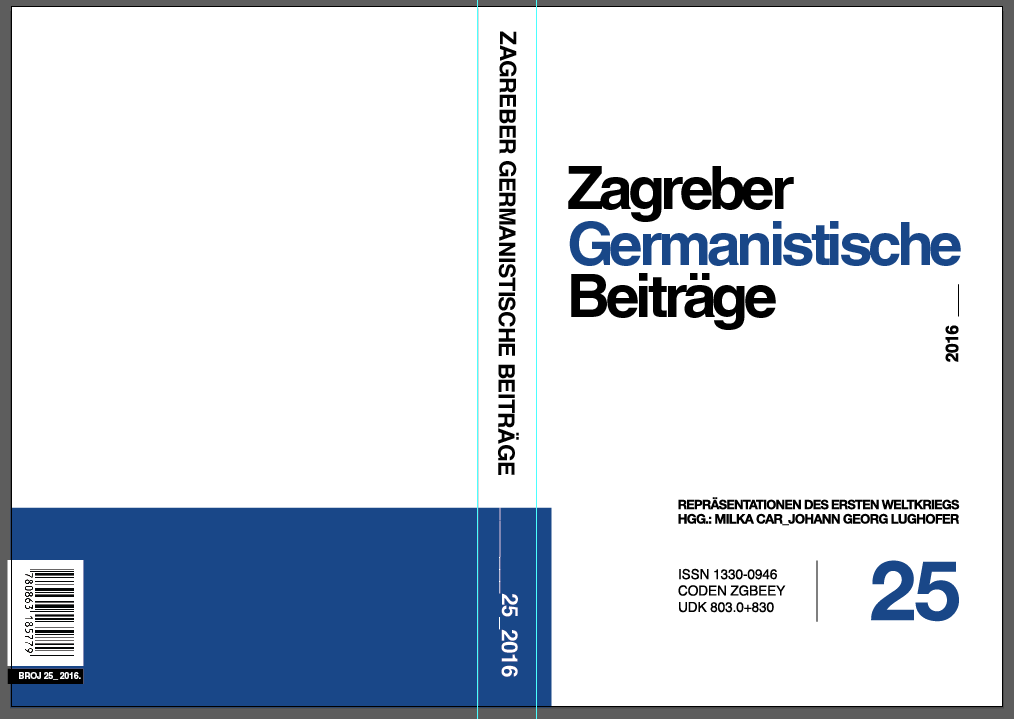
Der Beitrag gilt zwei in den 1920er Jahren erschienenen, seither nicht wieder aufgelegten österreichischen Romanen über den Ersten Weltkrieg. "Der anonyme Krieg" von Rudolf Geist, einem Außenseiter im Literaturbetrieb, der sich an Karl Kraus orientierte, strebt eine umfassende Darstellung des Kriegs und eine Entlarvung der Kriegsgewinnler an, scheitert allerdings, da Geists sprachliche Kompetenz seinem lobenswerten Engagement nicht gewachsen war. "Der Marsch ins Chaos" des ›deutsch-tschechischen‹ sozialdemokratischen Publizisten Josef Hofbauer orientiert sich an Remarques "Im Westen nichts Neues" und thematisiert die Besonderheiten an der österreichischen Front, vor allem den Nationalitätenkonflikt.
More...
Der Spionagefall des Oberst Redl war einer der großen Skandale am Vorabend des Ersten Weltkrieges. Der Beitrag untersucht die literarische Bearbeitung der historischen Ereignisse in Egon Erwin Kischs "Der Fall des Generalstabschefs Redl" (1924) und entwickelt zwei Thesen: Erstens soll gezeigt werden, dass Kischs Fiktionalisierung dieser Reportage einer neusachlichen Poetik nicht etwa entgegensteht, sondern im Gegenteil für die Neue Sachlichkeit programmatisch ist. Zweitens soll der Nachweis erbracht werden, dass der Text ein Dokument für die Genese einer Überwachungsgesellschaft ist, in der die Kontrolle über die Kommunikationsmedien zum kriegsentscheidenden Faktor wird.
More...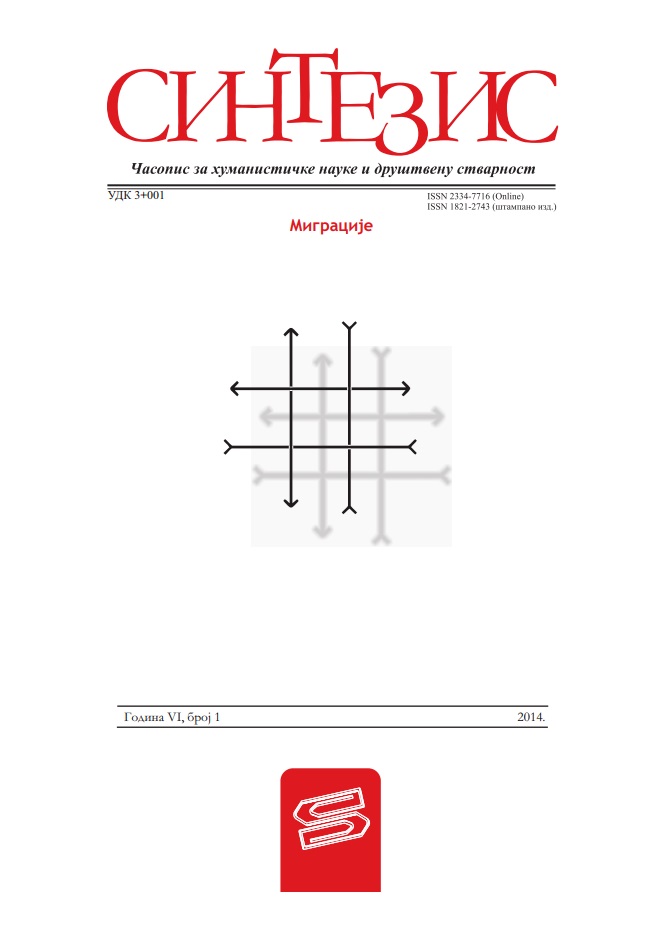
The work of Ingeborg Bachmann, as well as numerous studies that observe it through the prism of gender theories, gave an important contribution to the representation of women’s identity and to the creation of theoretical frame for the construction of women’s political subject. By exploring the language in accordance with contemporary philosophical thoughts, Ingeborg Bachmann undermines the basis of absolutist, exclusion and domination - the basic principles of contemporary, men-determined world and society. Using a distinct approach Ingeborg Bachmann defines language, as a representation of the world, while having a specific focus on the position of a woman. The work of Ingeborg Bachmann underlines the neccessity of feminist reconstruction of history, finding previously hidden elements of women’s culture, at the same time takes part in developing alternative approaches to language, literature and culture at large.
More...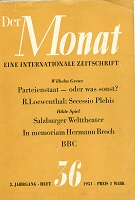
* Essay about Hermann Broch by Egon Vietta * Remembrance of Heinz Politzer * extract from "Pasenow oder die Romantik" * extract from "Esch oder die Anarchie" * extract from "Huguenau oder die Sachlichkeit" * extract from "Der Tod des Vergil"
More...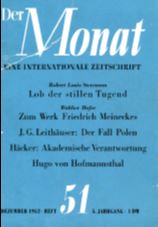
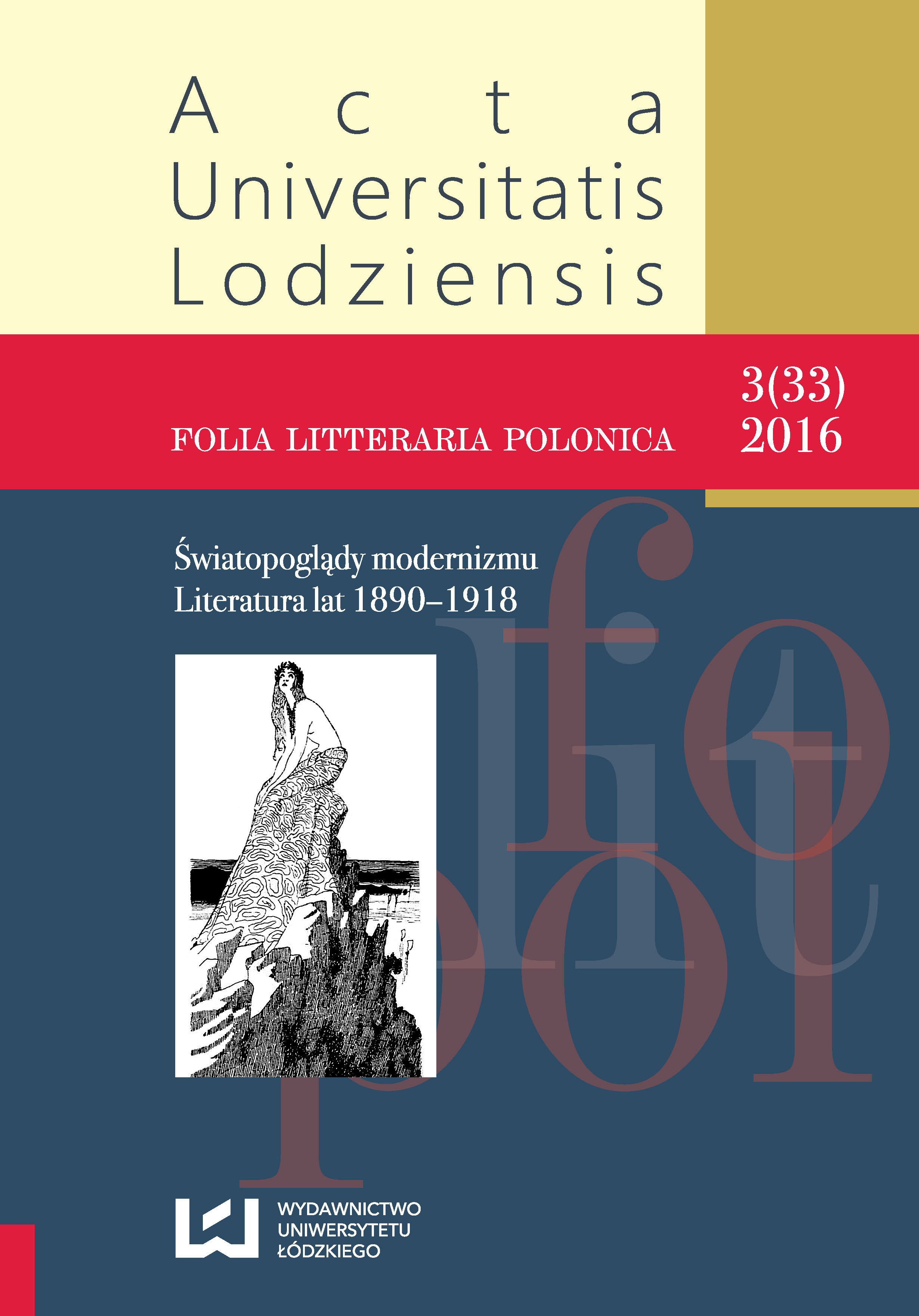
This article analyses The Notebooks of Malte Laurids Brigge (1910) by Rainer Maria Rilke and A Moment of True Feeling (1975) by Peter Handke, aiming to demonstrate that the protagonists of the two works are trying to overcome existential problems through the subjectivist perception of reality. The article demonstrates how Rilke and Handke referred to subjectivity in their works listed above. The comparison of The Notebooks of Malte Laurids Brigge and A Moment of True Feeling reveals Handke’s attitude to the concept proposed by Rilke.
More...
The paper deals with specific features of the narrative strategies in the German-language novel of the 21st century which is regarded as a phenomenon of the whole contemporary literary process. The poetics of novels written by contemporary Austrian writers (Daniel Kehlmann’s Measuring the World (Die Vermessung der Welt) and Christoph Ransmayr’s The Flying Mountain (Der fliegende Berg)) is presented as a dynamic force with the narrative principles and elements of different types of paradigms, including modernism (subjective perspective and narration), realistic writing in its traditional form, and postmodernism (synthesis of the fictional and non fictional, intertextual irony, and metaplay with the text). The novels under discussion are defined as neo-modernist metanarratives, where the authors of the paper disclose both radical literature experiments and, at the same time, repetition in the forms and tendencies already familiar and well-studied in modernism and postmodernism. The study of Daniel Kehlmann’s and Christoph Ransmayr’s novels is significant and important, because it helps to identify the typical narrative strategies of the Austrian novel in the 21st century, as well as to understand the objective laws of the development of German-language fiction and Western literature in general.
More...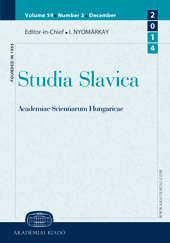
The aim of this paper is to open up the typological parallelisms (motives, colors, and the position of the lyrical “me”) between the city imageries of Rilke and Blok. The analysis covers Rilke’s lyrics and Blok’s three cycles (The City, Terrible World and Italian Verses). The comparative analysis focuses on the poetry of their hometowns (Prague and St. Petersburg), that of modern cities, and of Italian towns visited by the authors. The question of the modern city and the criticism of civilization represent several similarities in the two p o e ts’ works, but the secessionist garden, park, and castle motives occur only in Rilke’s poetry. The topics of Venice and St. Petersburg, which are related to each other in many ways, are formulated in the objective lyrics of Rilke’s volume New Poems.
More...
F. Werfel (1890-1945) – a representative of Austrian expressionism. A Jew by birth, he was interested in theology from an early age. One of the main themes of his work was the theme of man’s faith in God. The religious quest of Franz Werfel, depending on his life circumstances (military service, marriage to a Catholic, the death of his son) and world cataclysms (World War I, the breakup of Austria-Hungary) passed through periods of faith in God, his strength, and doubts about his justice (“The Creation of Music” 1913, “The Death of Moses” 1914, “Theology” 1914, “The Creation of Joke” 1918, “The Blasphemy of Madness” 1918) and the denial of the existence of God in general (“The Black Mass” 1919, “The Man from the Mirror” 1920). God appears in the novels and dramas of Werfel then as an evil and unjust judge and executioner, then as a mad beggar, and then as the creator of beauty. In this work, we want to explore in detail the causes of Werfel’s religious offerings, the stages in the evolution of his attitude towards God, and changes in the image of God in his novels and plays.
More...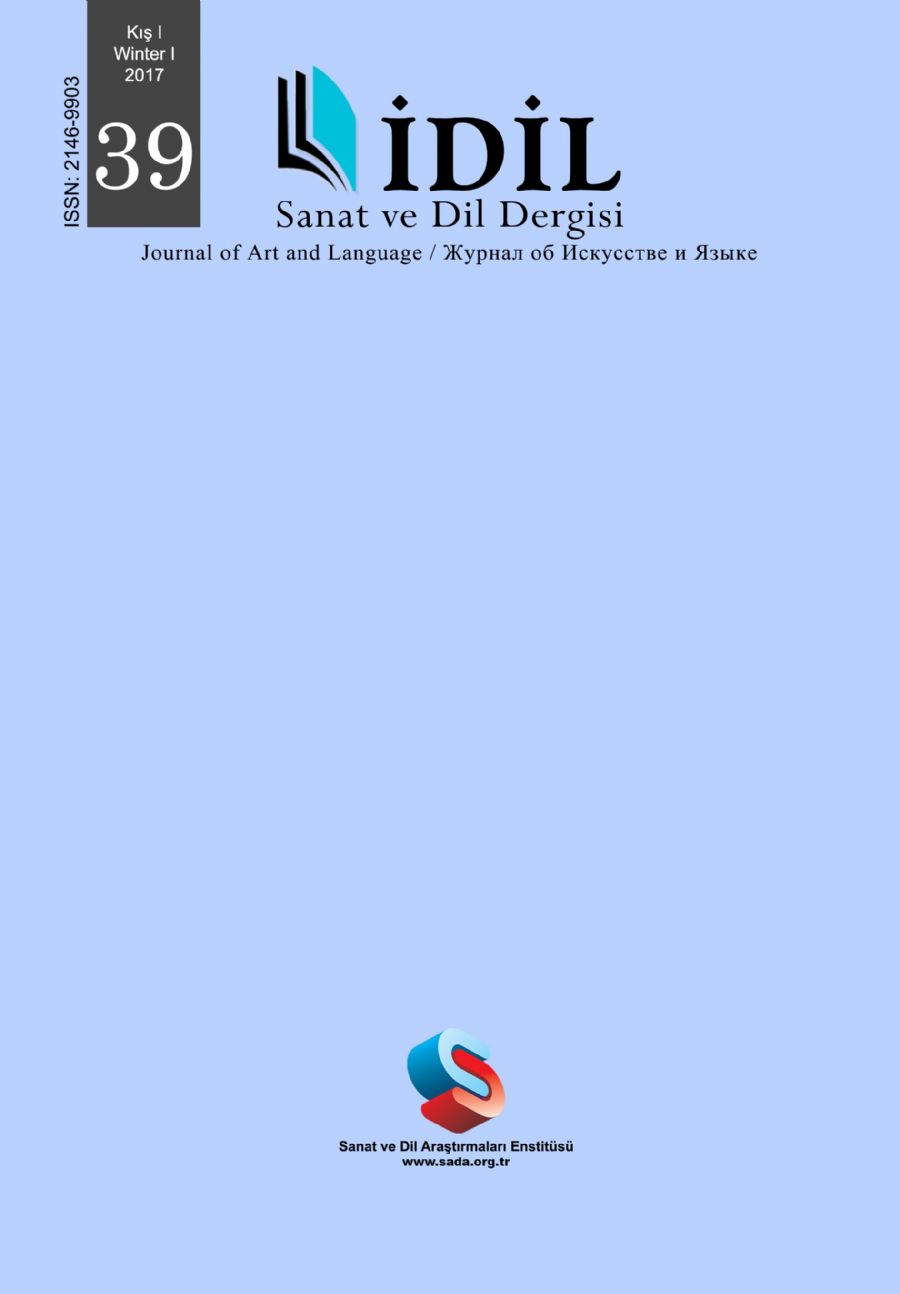
In this article the fire image is investigated in the novel “Lefeu oder der Abbruch” by Austrian writer / philosopher Jean Améry who was described as "the survivor of the concentration camps” during the World War II. It is aimed to bring to light how this image is handled by the author. In this respect, the meanings hidden in the frame of the fire image are emerging. Therefore, the fire image is considered from the mythological, historical, sociological and psychological point of view. As a Nazi victim, the author has placed the plot in historical and social context. In this regard, there are some references to the Second World War from the author's life. In this study, an author-centered attitude was adopted as the method used in addition to text-based approach.
More...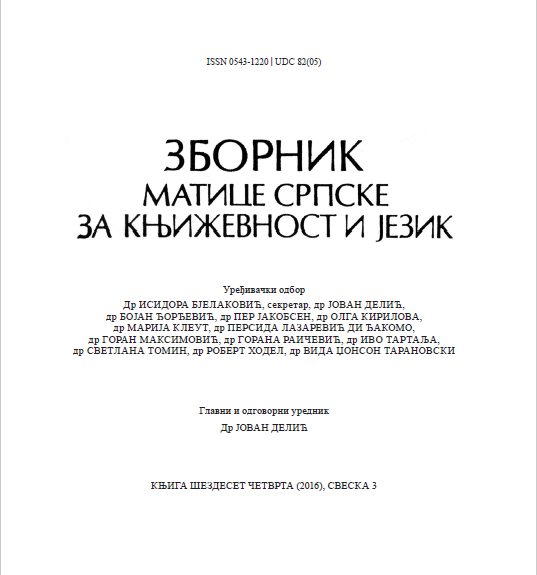
In this paper the author deals with a number of crucial poetical characteristics and devices in the lyrics and prose- poems of Austrian expressionist Georg Trakl (1887–1914), one of the representatives of so-called poetes maudits. He also belongs to the authentic followers of avant-garde tendencies started back in poetry and lyrical prose by Arthur Rimbaud.
More...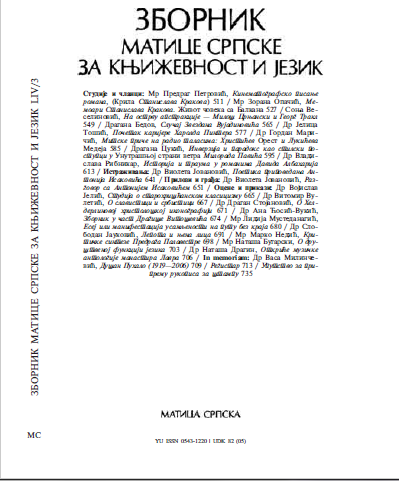
Since some of the crucial Expressionist features have been diagnosed in the poetry of Miloš Crnjanski, but his actual relation with the main Expressionist poets has not been researched, the author of this paper seeks to determine the structural and topical affinities of Miloš Crnjanski’s and Georg Trakl’s poetries. The poetics of Expressionism establishes the abstract as the dominant category of the poetic universe that rearranges the reality. The permanent tendency of the lyrical subject in Trakl’s poems, and of the poet himself, is to find the correlations between disparate subject matters and to found a „higher reality” on such grounds. The ambition of this paper’s author is to reveal this principle, or at least its rudimentary form, manifesting in various aspects of Miloš Crnjanski’s work.
More...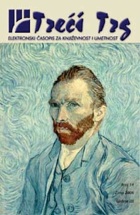


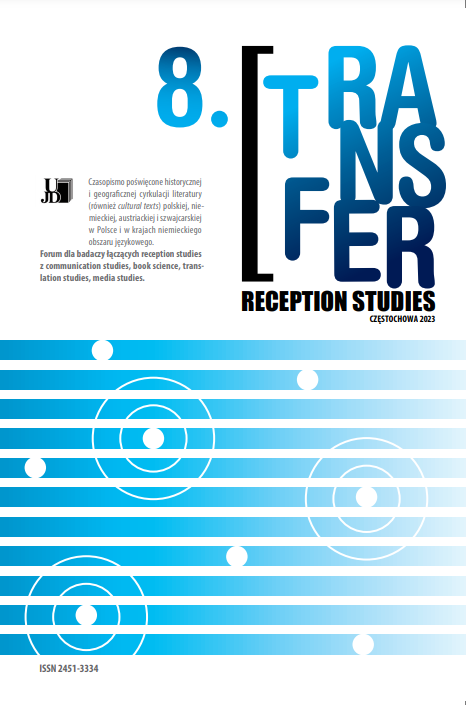
The Goalie’s Anxiety at the Penalty Kick (Die Angst des Tormanns beim Elfmeter, 1970) by Peter Handke is not, as it might seem, a story about sport. The Austrian Nobel Prize winner presents the story of Joseph Bloch, a former footballer and currently an assembly worker. Analysing his behaviour allows one to recognise the symptoms of generalised anxiety disorder. The purpose of this article is to describe Joseph Bloch’s mental condition and an- swer the question as to what the possibilities of presenting anxiety in literature are, as well as its impact on the recipient of the text.
More...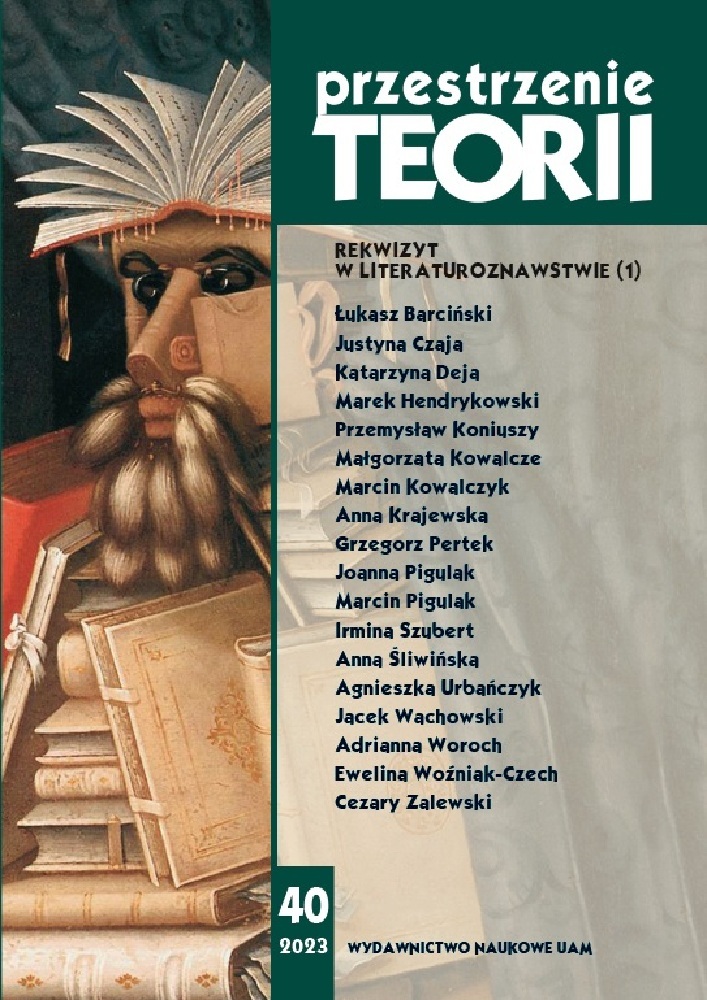
The paper discusses the letter exchange between Maria von Herbert and Immanuel Kant as an earlyexample of fan mail. While the past research on Herbert described her as a sharp but underappreciatedphilosopher, in this paper she is treated primarily as a fangirl. The article discusses her correspond-ence with Kant (and Kant’s correspondence about her exchanged with others), her use of religiouslanguage as best means of conveying her fascination with an inaccessible celebrity, the parasocialinteraction of these two, and the manner in which a hysterical discourse has been imposed on theyoung woman, not unlike the fate of contemporary fangirls.
More...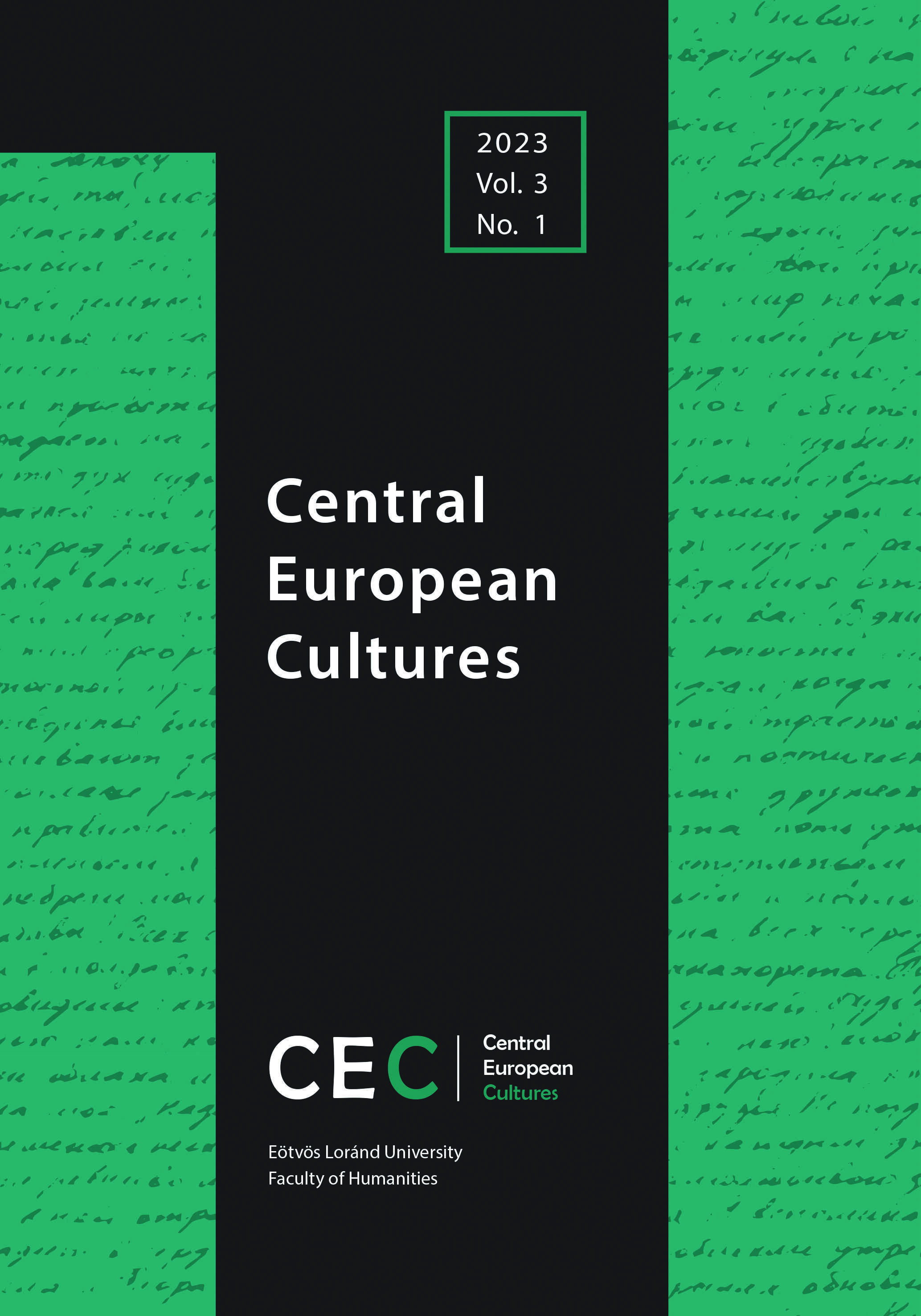
In The Waterfalls of Slunj (1963), Heimito von Doderer constructs an exceptionally diverse and character-rich novel which takes place in the decades around the year 1900 in Vienna and various other locations in the Habsburg Monarchy, including Croatia. The plot is set in motion by an English industrialist who decides to set up a plant to produce agricultural machinery in Austria. However, it does not honor its initial promise of a long-winded portrayal of economic, social and political circumstances; Doderer’s concern seems to demonstrate superordinate, fateful correlations pointing the characters’ “cluelessness and diffidence” regarding “the fate of others” (Schmidt-Dengler). Even though the novel focuses on private, everyday occurrences, numerous references to contemporary developments in the history of mentalities, the judicial and economic systems, as well as in engineering and technology suggest that the coordinates of its narrative universe are construed in accordance with the historical reality. In this respect, it discusses not only the conditions specific to the so-called ‘Austrian version of capitalism’, but also its repercussions for the imperial periphery and, by extension, for Croatia. However, through an uncritical portrayal of relationships of dominance in line with those actually present in the Habsburg Monarchy, the author delineates the “Other” according to preconceived cultural stereotypes. Consequently, the novel can be read as a retrospectively oriented utopia, in which the positive representation of the Habsburg Empire and the omission of political history point to Doderer’s discontent with his own and Austria’s Nazi past.
More...